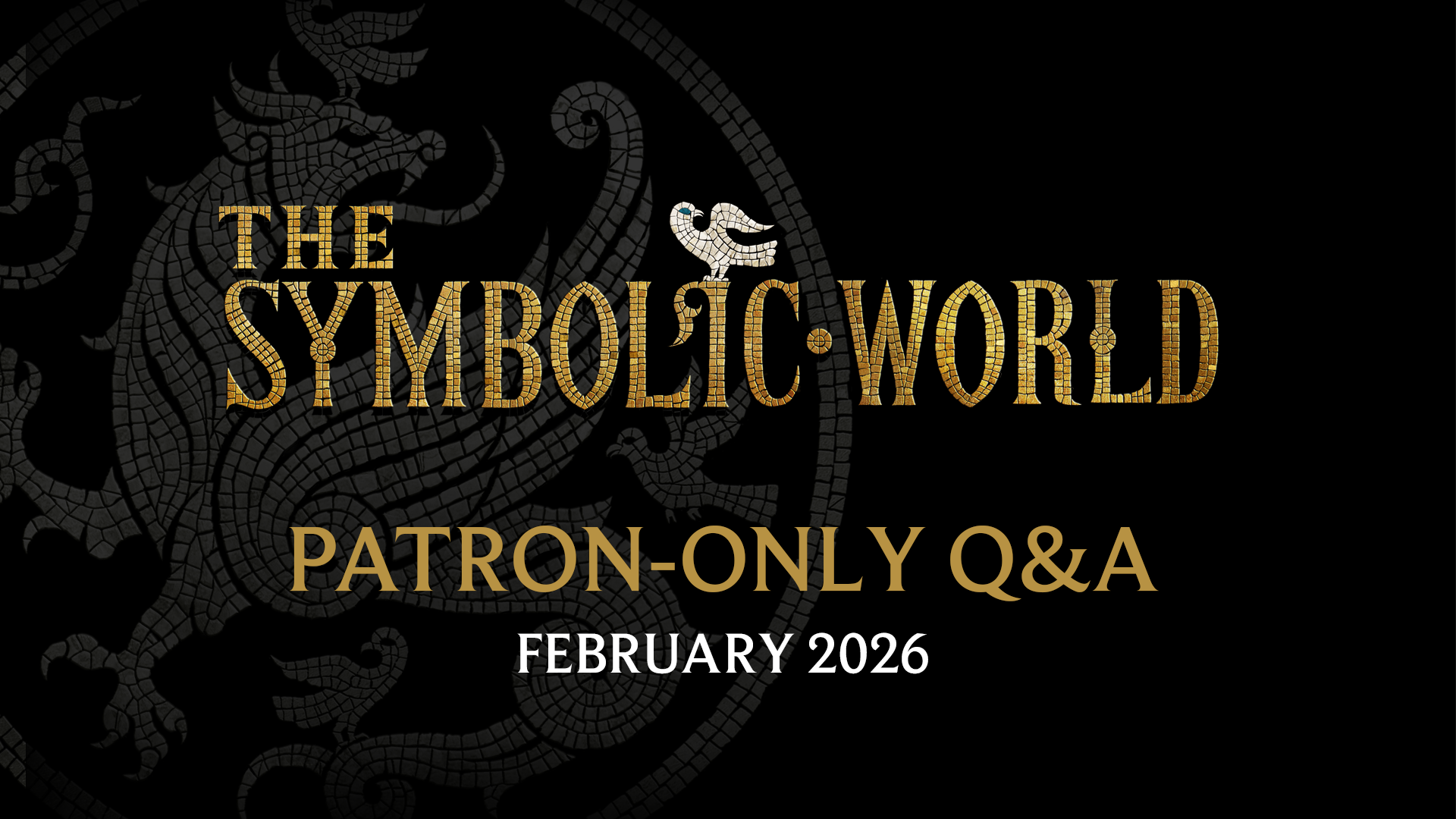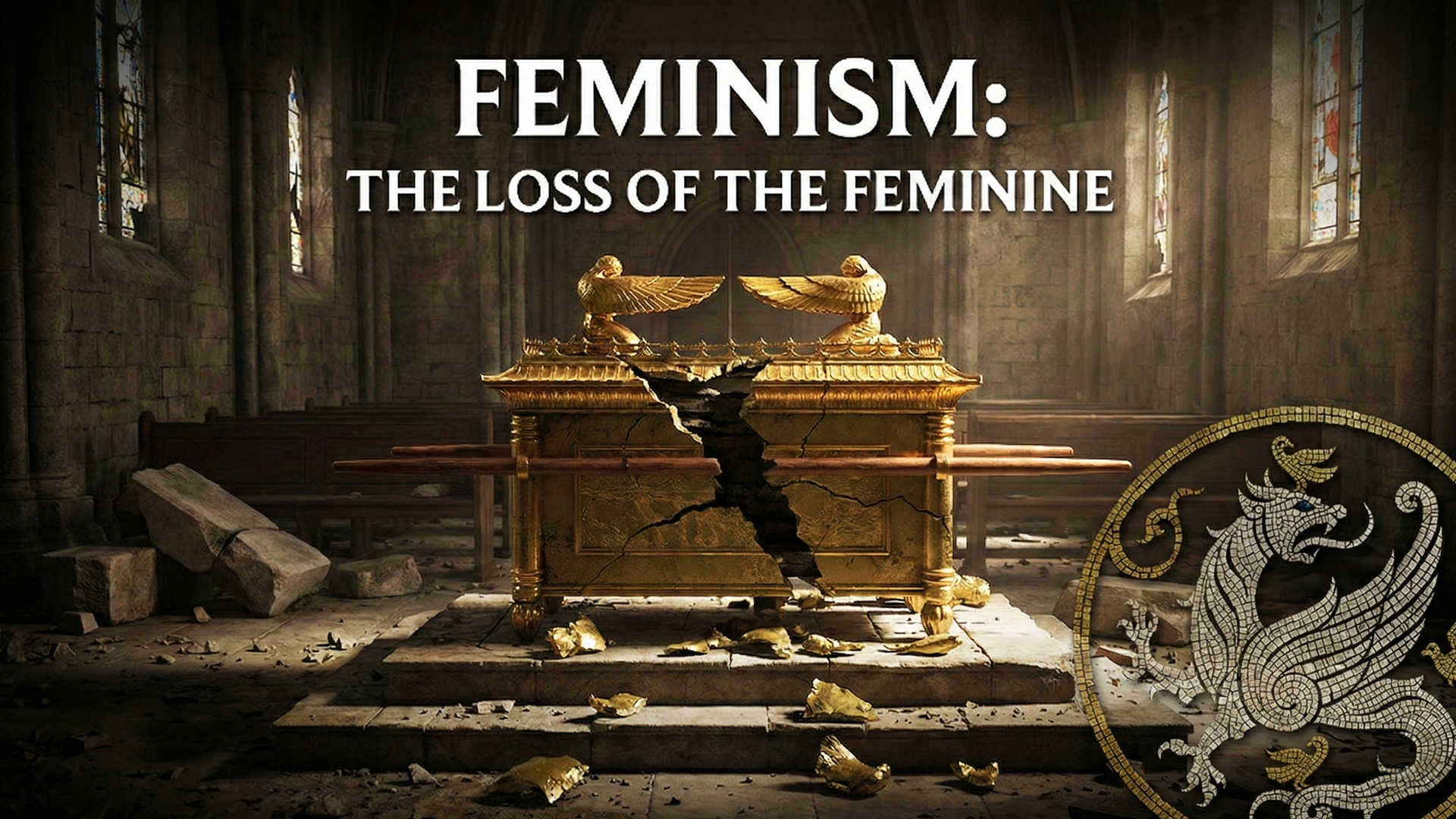Accelerationism and Dancing with Death

This post is a transcript of a video from April 2019.
Thanks to Heather Lee for the transcription and JP Marceau for the edition.
In the past few years, we’ve seen in certain circles – both rightwing and leftwing – a resurgence of something called accelerationism, which is the desire to participate in the breakdown of society or the breakdown of structures, in order for something new to appear. The idea is to push things to their extreme so that a new system emerges. Now, this appears both on the left and the right. Many people have asked me what I think of this and whether I see it as a viable solution to the problem of Western civilization.
In order to answer that question, we need to remind ourselves of something that I insist on constantly, which is that there is a deep analogy between the personal structure and the social structure. That is, there is a strict analogy between the human being and the communities in which that person participates. One of the problems of accelerationism is to somehow think that those two things are separate from each other; that you could somehow participate in the destruction of society; that you could accelerate chaotic elements of society yet somehow remain unsinged yourself while doing that. And I think that it’s a very dangerous game to play, because as we want to push certain factions – certain elements that we find decadent or certain elements that we find dangerous for society – in order to quicken the collapse of everything, in the hopes that something better will be born, we are also embarking on that road within ourselves. There are very few people who can legitimately rise above the fray and act in that way without themselves falling in or being taken into the very things on their own fringes that they want to encourage on the fringe of society.
I do believe that a lot of the things that we’re seeing happen today are a playing out of the Christian story. I’ve often said in my videos that it is important to see that the death of Christianity is a part of the Christian story. The death of Christ is part of the Christian story, and the death of Christianity is part of the Christian story itself. The Christian story seems to be a process by which, as Christ says, all things are revealed. And all things being revealed means that both the wheat and the tares grow up at the same time. It means that, as you uncover things, you uncover both the mystery and the scandal at the same time. Those two things are inevitable as the world moves towards the resolution of the Christian story.
I think that Christ Himself put it the most succinctly when He said that the consequence of His own coming is that scandal must happen. But He also then said, “Woe to those by whom it happens.” And I think that in that statement is the deep understanding that what we see around us is normal; this upside-down world, the chaos, the degeneracy that we see around us. This is something which is inevitable in the cycles of history and inevitable in the big story of the Christian revelation. But to play a part in bringing about the end of Western civilization – you’ve seen some evangelicals in recent times doing things in order for Christ to return; to provoke the return of Christ – is an old way of acting. You saw this all the way in the Middle Ages, where certain people acted in certain ways, especially during the time of the Crusades, in order to bring about the return of Christ. A very strange example of that is Christopher Columbus himself. When he found North America, one of his goals that was not publicly known very well was actually to find the Garden of Eden. Finding the Garden of Eden, as he saw it, was to bring about the end of time; to bring about the return of Christ.
You see several people have that approach, and I think that the very idea that we would act in a way to provoke a kind of chaos or to provoke a breakdown so that the story resolves itself is very dangerous for society and it is very dangerous for ourselves. What we need to do is what Christ told us to do; to become just, to become like Christ, to emphasize the virtues and to become little lights. And no matter how dark it gets, those little lights, those little sparks, will be enough. You can trust that they will be enough to carry us through the flood; to carry us through the chaos, and to be little lights into the coming darkness. And this is not only for society as a whole, but for yourself, for your own spiritual development, for your family, for those around you. If you let yourself embrace the cynicism that it requires to become an accelerationist, you will find that it will have negative consequences on yourself, on your family, and those around you. No matter what we think, it is embracing a kind of nihilism, even if you do believe that, by doing so, you will bring about some new order; some new thing. In the actions that you pose, it is an embracing of nihilism and I don’t think that most of us can stay above that fray.
Linked Articles & Posts
Linked Premium Articles & Posts
MEMBERSHIP
Join our Symbolic World community today and enjoy free access to community forums, premium content, and exclusive offers.



.svg)



.svg.png)






Comments